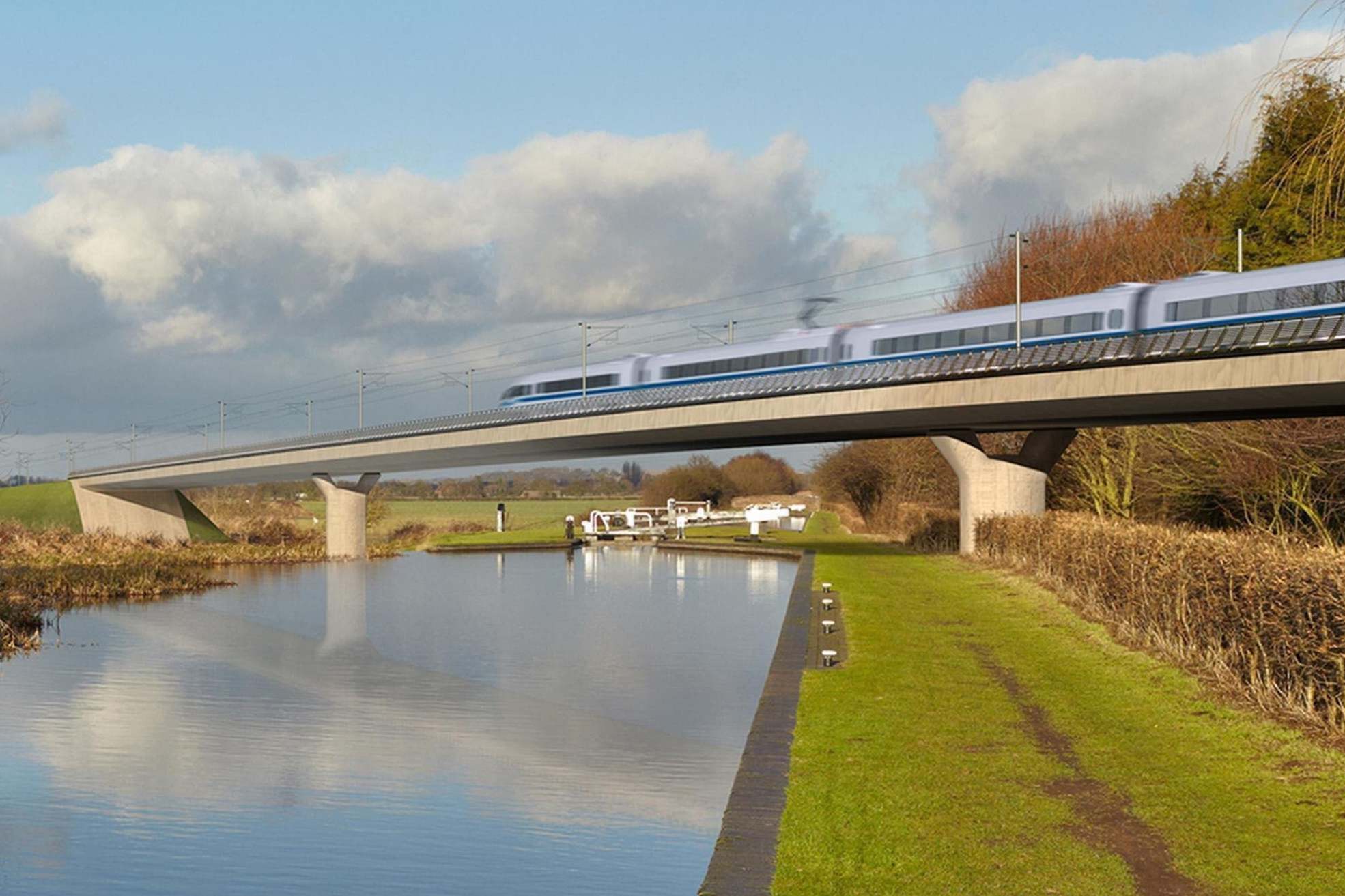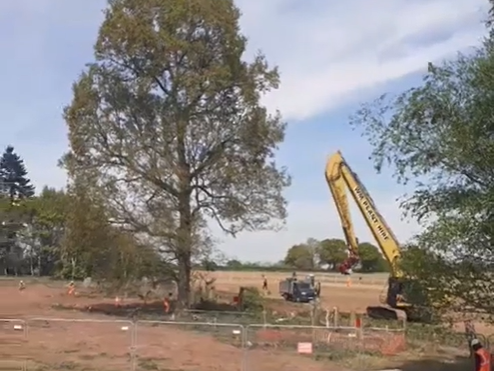How has the cost of HS2 grown since the scheme was announced?
Politics explained: High-speed rail link follows in line of over-budget infrastructure projects from the Channel Tunnel to the Millennium Dome

Today’s devastating parliamentary report on HS2 is one of the loudest declarations yet of MPs’ unhappiness with the way the government is handling its biggest infrastructure project.
But there is no prospect of it halting work on the rail link, after the government gave the green light for construction work to begin in April.
What it will do – at least its authors hope – is put ministers and officials’ feet to the fire on its ever burgeoning costs.
The key recommendation of the cross-party Public Accounts Committee is that the government should commit within three months to a schedule of regular updates to parliament containing a “realistic appraisal of the programme’s likelihood of delivering to budget and schedule” in a bid to ensure that MPs are alerted in a timely way if costs begin to slide further out of control.
HS2 is the latest in a long line of prestige projects funded by the taxpayer which have gone way over budget as work proceeded, ranging from the Channel Tunnel to the Scottish Parliament building at Holyrood and the Millennium Dome.
The high-speed rail link between London and the Midlands and North of England was originally budgeted between £31-£36bn when plans were first sketched out in 2009-10.
By the time of the 2015 spending review, this had swollen to £55.7bn, but the government still insisted it represented value for money.
Then transport secretary Chris Grayling said that for every £1 invested in HS2, the UK would receive over £2.50 in benefits.
But by 2019, HS2 Ltd was warning the government that it could not deliver the project to budget or to get the first trains running by 2026 as planned.
A review conducted by former HS2 chairman Douglas Oakervee reported in February that the estimated cost of Phase 1 between London and Birmingham alone had risen to £40-£43bn, with an additional £4-£4.5bn for Phase 2a from the West Midlands to Crewe and £36-£40bn for Phase 2b extending the Y-shaped line to Manchester and Leeds, bringing the total to as much as £87.7bn.
The House of Commons Public Accounts Committee today said the total cost could eventually amount to as much as £100bn.
Despite the swiftly-mounting cost of the project and fierce resistance from communities and MPs along the route, Oakervee strongly advised against cancelling HS2.
And Boris Johnson confirmed his continuing support in a statement to parliament in February, despite acknowledging that the costs “had exploded”.

Johnson said he would put a minister in charge of overseeing HS2 as a full-time job to avoid “further blowouts”.
That minister, Andrew Stephenson, last month gave the companies tasked with construction formal notification that they could start work, at a time when many projects had been put on hold because of the coronavirus lockdown.
The Department for Transport and HS2 Ltd are planning for services from Old Oak Common in northwest London to Birmingham Curzon Street to start between 2029 and 2033, with full services from Euston in central London starting between 2031 and 2036. HS2 Ltd estimates the full network to Leeds and Manchester will open between 2036 and 2040.
Ministers say that the new line will boost employment across large swathes of the Midlands and the north, citing estimates that 180,000 jobs could be created in Greater Manchester, 100,000 in the West Midlands, 74,000 in the East Midlands and 40,000 in West Yorkshire as a result of the development.
Join our commenting forum
Join thought-provoking conversations, follow other Independent readers and see their replies
0Comments